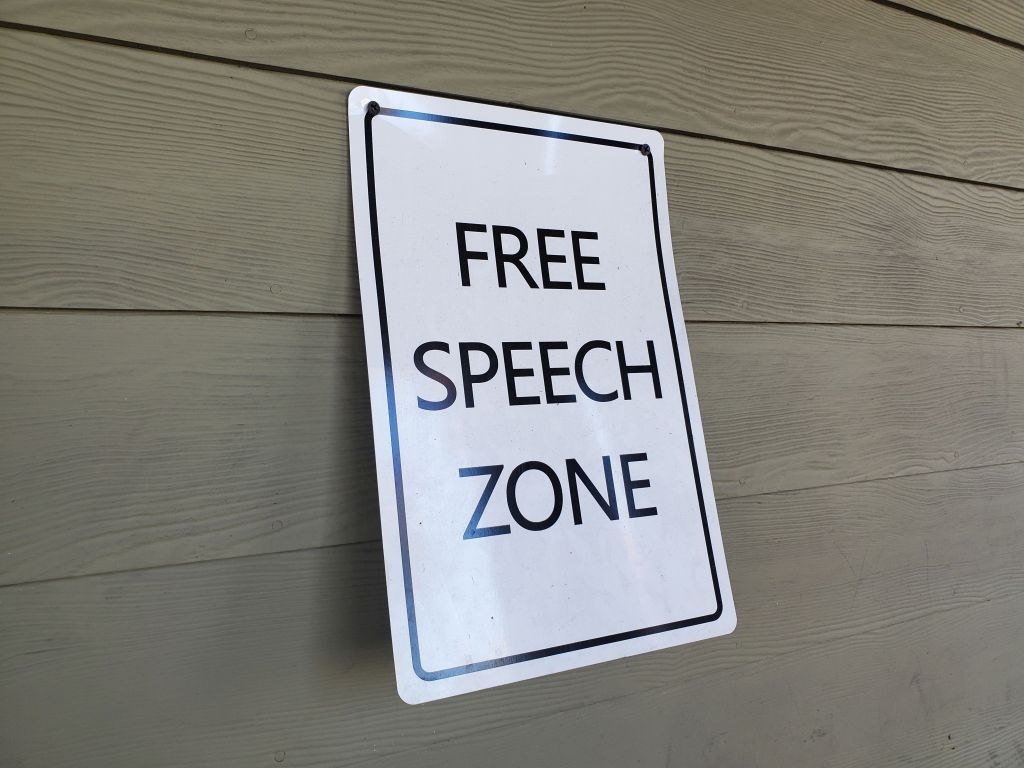Co-President of the French National Digital Council, Gilles Babinet, has warned that social media “in their current forms are not compatible with democracy”.
Giving testimony on June 2 as part of an inquiry by French parliamentarians into the psychological effects of TikTok, Babinet argued that social media algorithm eroded democratic debate by encouraging “radical” statements.
“Social networks in their current form are incompatible with democracy. We are witnessing a severe degradation of democratic debate,” he said.
He added: “The rise of off-the-cuff remarks, and longer, more structured, more complex comments — harder to grasp — are simply not compatible with platform algorithms, which see no value in them.
“Ultimately, there is a risk that only people with radical views will remain present and that this will inevitably contaminate, as is already the case, public debate, political debate and, ultimately, our ability to live together,” warned Babinet.
He said he believed that, in the long run, social media might hinder human ability to live together, as traditional spaces for social interaction and collective life were disappearing behind the ever-increasing prevalence of mobile and computer screens.
The French inquiry into TikTok looked to quantify the attention-grabbing devices used by TikTok as well as their psychological effects, particularly in terms of suicidal thoughts and behaviour and inside and outside the family.
It also examined the risks associated with young users’ exposure to dangerous content on platforms and digital addiction.
Last year, TikTok shut down its “rewards functions” in its new Lite app, arguing it could further addict children to social media.
Chinese technology firm ByteDance has killed a controversial TikTok rewards programme amid threats from senior EU officials. https://t.co/sZvn8LBBz1
— Brussels Signal (@brusselssignal) April 25, 2024
Following the inquiry’s conclusions, the European Commission was set to propose concrete measures to protect minors, particularly in terms of content regulation, digital security and moderation of the platform’s practices in the country.
During his testimony, Babinet also criticised the implementation of the European Union legislation regarding social media, particularly in relation to user rights, data privacy and transparency.
“European regulations are implemented in a very minimalistic way by the platforms. For example, access to research data, that’s absolutely not happening the way the texts intended,” he said.
“I believe that even just in enforcing what already exists, we have an enormous field of action. Currently, this field of interpretation is being exercised entirely in favour of the platforms,” Babinet added.
The inquiry on the psychological effects of TikTok on children came as France has also been working with other member states to prevent children under 15 from accessing social media anywhere within the bloc.
France’s National Digital Council has been set up as an independent advisory body tasked with leading open debate on the complex relationship between people and digital technology in the country.
France said it was working with other member states to prevent children under 15 from accessing social media anywhere in the EU. https://t.co/YVBVh0V6mh
— Brussels Signal (@brusselssignal) May 12, 2025





